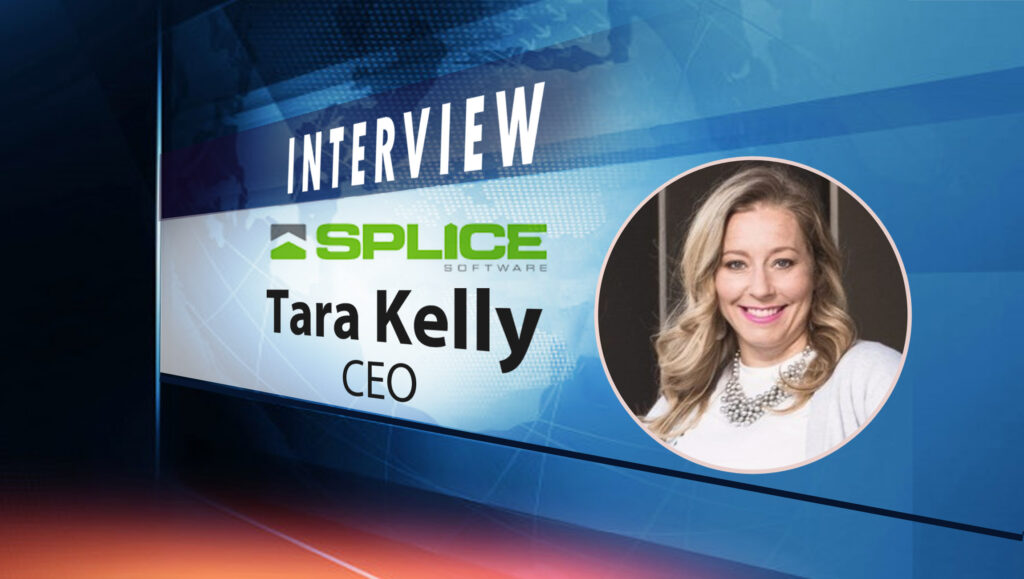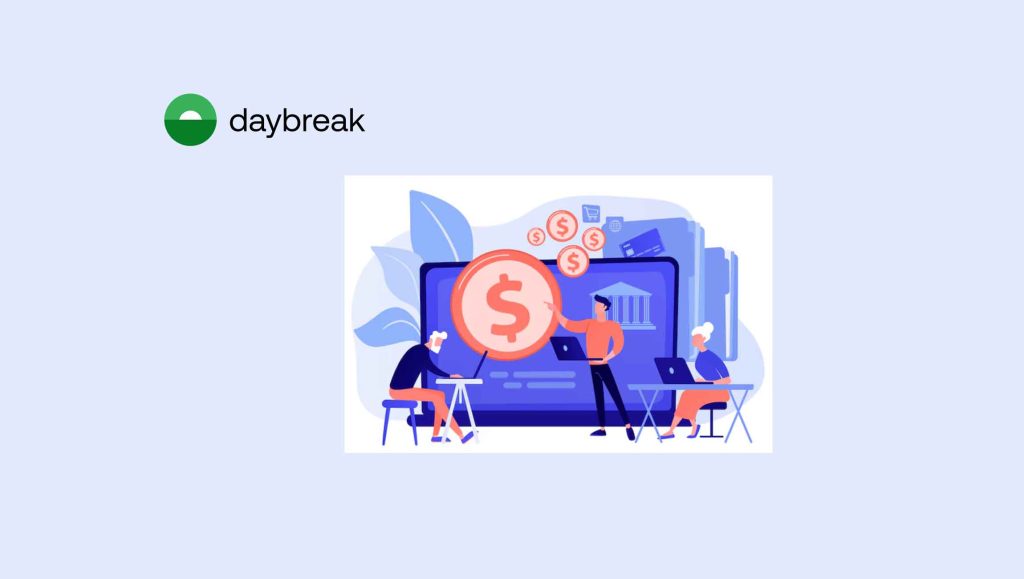Changing privacy regulations and customer trends are reshaping how B2B sales teams are expected to reach out to prospects and nurture them; Tara Kelly, CEO at SPLICE Software shares some thoughts: ______ I’ve been a serial entrepreneur from the very beginning…In elementary school, I rented out scented markers to schoolmates and I ran vending machines in college. I opened and ran a retail store, learned to code as a kid, returned to software and have been in the software business for over 20 years now. The inspiration for SPLICE Software struck after a bad customer experience with a business that had plenty of my customer data but wasn’t using it in their communications. I knew there had to be a better way, and so SPLICE came to be. We launched in 2006 to help businesses use technology and data to create communication programs and strategies that keep customers happy and engaged. One thing I’ve learned in this industry is that there’s often a disconnect between what a regulation is trying to achieve in the abstract and what happens in real life. For example, anti-robocall legislation was made law in 2008, but robo-callers are creative and tend to exploit loopholes. That law, and many subsequent laws, didn’t have the intended effect, and, in some cases, legitimate businesses got thrown for a loop and had to adjust while robo-callers operated from ships to crank out spam. Read More: SalesTechStar Interview with Jason Davis, Senior Director of Sales and Marketing Practice at BTS One of our guiding principles at SPLICE is to use technology to make things better. Our focus is on helping businesses build stronger relationships with customers. I believe if you stick to what’s real and what works, the concepts you create in that framework will be durable. I am an optimistic realist in that sense. Sales outreach has completely evolved in that businesses have had the opportunity to blend digital communication with cold calls. I think cold calls are here to stay — they’re an important part of any sales funnel, to a large extent, because they’re so affordable. The cost of meeting a prospect at a golf tournament or tradeshow or similar environment is always high, but calls aren’t. In one sense, cold calls are more relevant now than ever because of new laws and browser protections that are eliminating the cookies that track digital interactions. A lot of what we classify as cold calls are really less chilled than the name suggests because the potential customer has visited the business’s website or downloaded a whitepaper or expressed interest online in some way. Privacy measures are eliminating the digital clues that indicate a cold call may be warmer than advertised. There will be no way to know if a customer has expressed interest via their actions on a digital channel, so it’s accurate to say the regulations and browser companies are having a “chilling effect” on cold calls. But the bottom line is that cold calls are here to stay. There will still be ways of “raising the call temperature” through retargeting customers who’ve abandoned a cart, for example. But the ultimate way to warm up a cold call is to embrace the practice of obtaining consumer consent for further contact and adopt workflows that facilitate that practice. Sales organizations that don’t take those steps better brace themselves for calls that aren’t just cold but positively icy. It’s important to recognize that new regulations like the changes to the Florida Do-Not Call Act and Florida Telemarketing Act affect phone calls and text messaging, and not just for telemarketers; it includes salespeople and staff. Sales leaders have a responsibility to build team confidence, so leaders have to address this new legislation with their teams. People have to understand that if you don’t have proof that the person you called or texted gave consent for contact, you could be the target of a class-action lawsuit. Read More: SalesTechStar Interview with Brian Korchin, Managing Director and VP of Sales at InCloudCounsel That’s a serious change, but it’s also a good opportunity to take a step back and ask ourselves, as an industry, why we’ve built processes where we’re as likely to target people who don’t want to talk to us as we are to contact those who do? For your best salespeople, capturing consent for further contact is already natural, as in, “Can I call you in a few weeks to discuss this further? Excellent — talk to you soon!” My point is that the concept of obtaining consent is not a new best practice for good salespeople. As leaders, we need to make sure our salespeople understand that asking for consent for further contact isn’t a new hoop we have to jump through just because of regulations. It’s a way to identify prospective customers who are more likely to convert, more likely to be repeat buyers and more likely to represent greater lifetime value. We need to help salespeople by giving them the tools to capture and safely store and connect consent documents. Salespeople have to understand the law, which is that calls or texts from an automated device are not allowed without consent, and that this doesn’t just apply to call centers but to salespeople too. And they have to understand that consent is the foundation for a productive relationship and good sales etiquette already — your best salespeople know that. It’s not as hard as it sounds because it’s a natural human instinct to treat each other with respect. Maybe it’s my nature as an optimistic realist, but I think it’s possible that the push for privacy and regulation in the industry may ultimately lead to a better environment for everyone: businesses, telemarketers and customers alike. It reflects a larger trend that we can see outside the business world, where we have a renewed appreciation of quality over quantity. Let’s face it; bigger isn’t always better. A smaller, more refined product has more value than a larger counterpart that wasn’t made with the same craftsmanship. The same can be true of call lists. A call list that’s good can be much better than a call list that’s long. The quality is what matters. So, my optimistic take is that telemarketing will focus on quality more, which will lead to discussions with potential customers who are actually interested. And that’s better for everyone! Here are three best practices I recommend to marketing and sales teams that want to make sure their approach and processes keep new regulations in mind while staying on top of their game: Read More: SalesTechStar Interview with Chris Loretto, Executive Vice President at Adtaxi SPLICE Software leverages inbound & outbound voice messaging, text and email to deliver highly engaging, proactive communications, designed to impact your end customer. Tara Kelly is the President, CEO and founder of SPLICE Software, with offices in Calgary, Alberta and Chicago, Illinois. SPLICE Software serves insurance companies, retailers and other enterprise companies through intuitive communication software services that enhance customer experience and enable better operations delivery. Learn more about SPLICE’s solutions here, including the recently relaunched Thrive survey platform. Hi Tara, tell us more about yourself and SPLICE Software?
How have you been seeing sales outreach methods and strategies evolve (especially when it comes to cold calls) in today’s business environment?
Recent changes to regulations are influencing how sales teams and marketers communicate and connect with prospects and customers through others mediums like phone, can you share a few thoughts on these changing impacts and how you feel this will change the game for salespeople going forward?
What are some thoughts that you have for the future of the telemarketing industry amid all of this?
A few top best practices that come to mind for marketing and sales teams as they evaluate new regulations to fit their multichannel outreach and processes?

What’s New on The SalesStar Podcast?
Episode 95: Enterprise Sales Best Practices With Damien Swendsen, VP Sales At InsideView
Episode 94: Getting Smarter About Your Choice Of Martech And SalesTech: With Yoni Tserruya, Co-Founder & CEO At Lusha
Episode 93: How Do You Build An Impactful Customer Success Model: With Daljit Bamford, Tenth Revolution Group





















